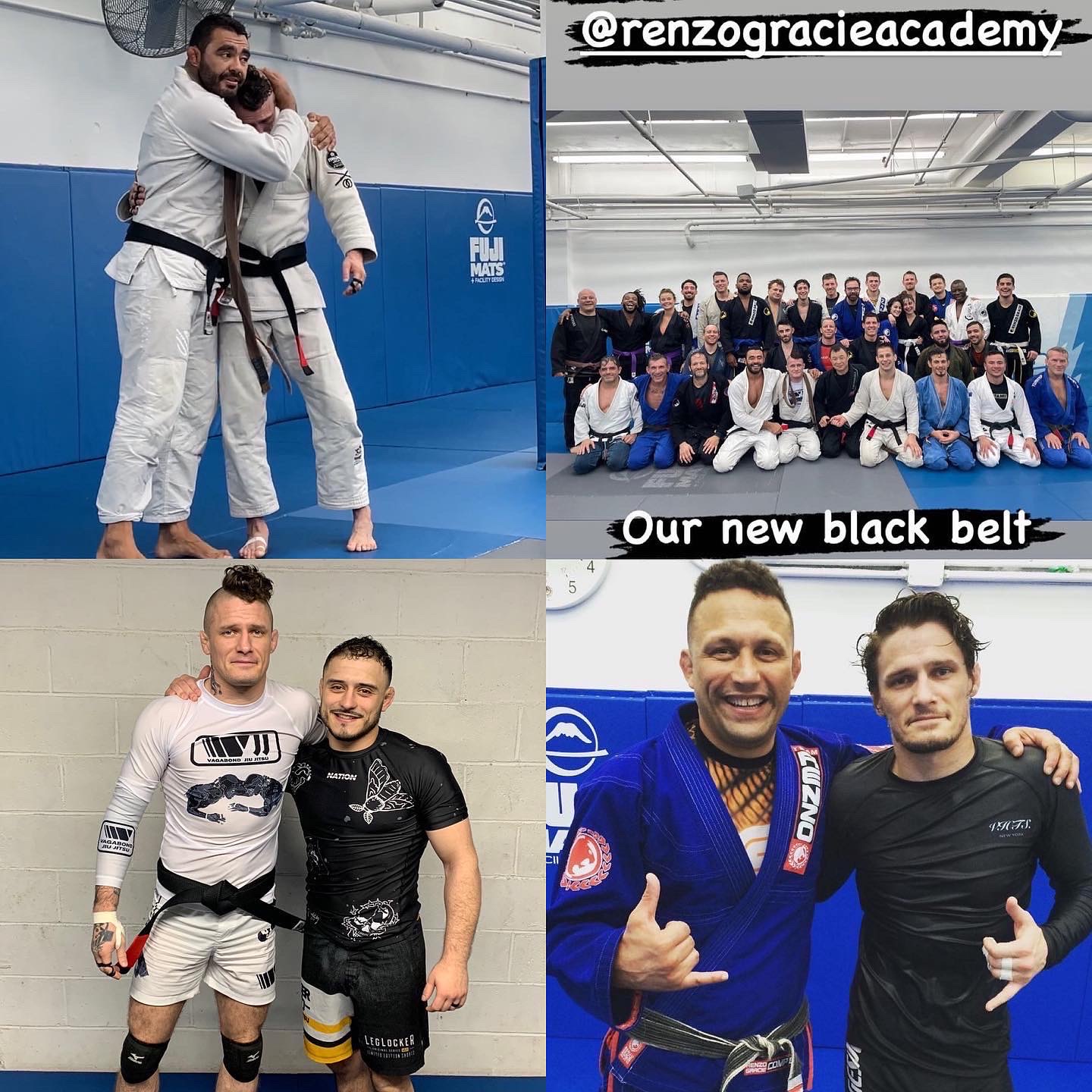 |
| Man....Grappling 'tis complicated. |
This post is entirely theory and terminology.
If you're looking for grappling news, or training clips or individual techniques, hit up my most popular posts to the right.
As it is, the following is about the context of some important questions and application of knowledge of skills in different sporting contests/environments.
Bear with me as I propose some fairly basic, but logical assertions:
The advent of the Ippon and shorter time on the mat changed Judo.
The advent of not penalizing butt scooting or pulling guard changed Brazilian Jiu-Jitsu.
- by extension, the bottom player can score by sweep or submission, the top player is virtually limited
initially to guard pass to score - thus, the bottom player has more scoring options than the top player
and an advantage likely occurs by proxy
The no score period in the ADCC changes the pace of matches considerably and takedown importance later in the match also exacerbated by the restrictions on attire/clothing.
The advent of 6 minute matches for the Abu Dhabi World Pro changes the approach and game plan considerably as well as emphasis on first score
Premise 1: coaches AND players need a fundamental and deep understanding of what the rules dictate or cause in the hierarchy of importance in scoring/winning matches in their respective sport.
Premise 2: many coaches lack competition experience ACROSS different sports or lack CURRENT competition experience across different sports.
My Personal Experience for Basis of the previous premises I put forth:
Having competed and fought in several combat/contact sports, and then fought in MMA. I've come across a recurring issue: coaching that comes either out of context lacks consistent applicability, or coaching that demonstrates a lack of understanding regarding the set of rules governing the match/fight/whatever.
I faced this in adapting my Judo to wrestling/nogi takedowns.
I faced this adapting my western style boxing when learning muay thai.
I faced this when adapting my Judo mat work to Brazilian Jiu-Jitsu.
I faced this when adapting my boxing/muay thai to MMA style sparring with takedowns.
I faced this when adapting my nogi Jiu-Jitsu for MMA style sparring and the addition of striking and/or being pressed against the cage or pressing someone else against the cage.
Anyone who has competed in at least more than 1 of the following sports: wrestling (freestyle, folk, greco), Judo, Brazilian Jiu-Jitsu, Submission grappling, Sambo, and Shuai Jiao has likely faced similar realizations in dealing with ideas from coaches who view the match from the confines of ONLY ONE style of grappling.
Sports or styles within a sport limit or emphasize certain techniques by outright banning them or more highly rewarding certain techniques.
The introduction of the advantage and by extension awarding an advantage for a sweep that almost scores has also resulted in players winning world championships by a single advantage in Brazilian Jiu-Jitsu.
Then comes the question of duration and the dynamic between match length, rest periods (if any), and the larger context of bracket size, time between weigh-ins and competition (also thus how well it is enforced, ala Toquinho and claims he never actually made weight at the last ADCC), et cetera.
You can see how quickly "understanding a sport" or "knowing the rules" both become largely and woefully simplistic terms in claiming that you "know a sport" or "know the rules."
Many of the skills cross over from one sport to another. Anyone who faced a former wrestler as a white belt knows this feeling. Any wrestler who first got triangled or guillotined after taking down a jiu-jitsu player has felt this as well. A Judo player who gets footlocked or kneebarred by a Sambo player....et cetera.
The rules of the engagement are as influential as any other single variable at play.
The rules across different Jiu-Jitsu tournaments change and grow increasingly complex as the sport seeks to become more professional. The allowance of more submissions creates more variables and thus makes the clarity of rules and thus also the ability to prioritize training to maximize scoring/finishing opportunities increasingly difficult to attain. The advent of positions like Berimbolo and the questions of knee reaping and what is the heart of the knee reaping rule intending to accomplish et cetera.
Each sport has its own rule sets. and the further you progress, the ability to play the rules (to your advantage and the disadvantage of your opponent, or even to negate an advantage of his as to make a more level playing field) is what often delineates two equally prepared and physically/mentally elite athletes.
So when we see a world class athlete: a Cobrinha, a Rafa, a Rodolfo, a Marcelo, a Flavio Canto, a Manny Pacquiao, a Freddy Roach.....
what we are seeing is in all likelihood someone that along with dedication, and physical gifts, has achieved success in the areas of fundamentals, agility, strength vs speed, conditioning, rule awareness, ergonomics, game planning, understanding the rules, a deeper understanding whether conscious or not of the rules,
In short...they are a world champion due to mastery over a host of variables which are also in many ways interdependent.
Skill acquisition and the ability to turn the switch on and perform (a skill in and of itself with it's own litany of variables) are a combination of what must be thousands of variables that change over time and change on a daily basis as they all interact and cause changes far beyond the scope of our understanding at any one given moment in time.
And this is why I learn something each and every single day which I am on the mat for even a few minutes.

No comments:
Post a Comment